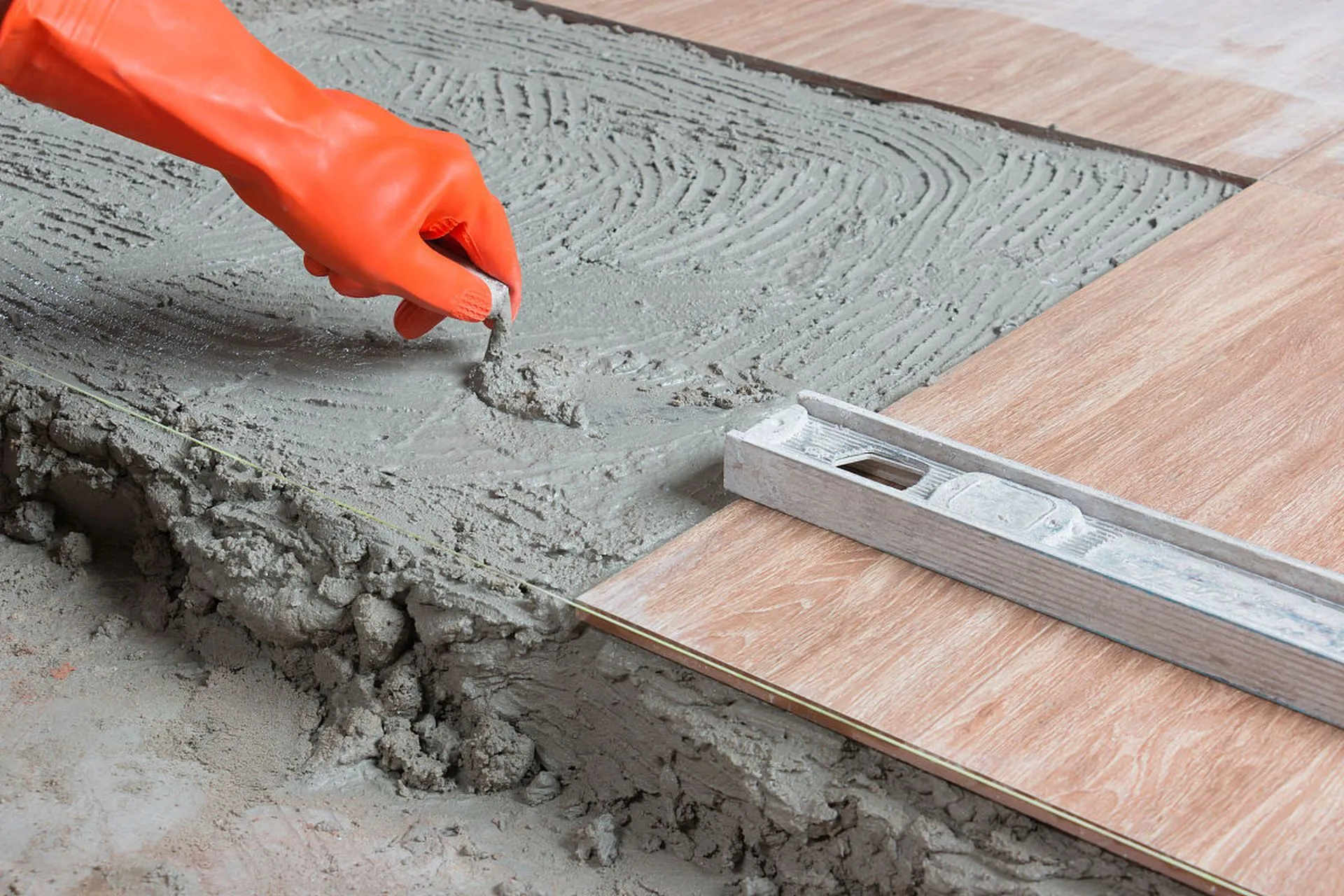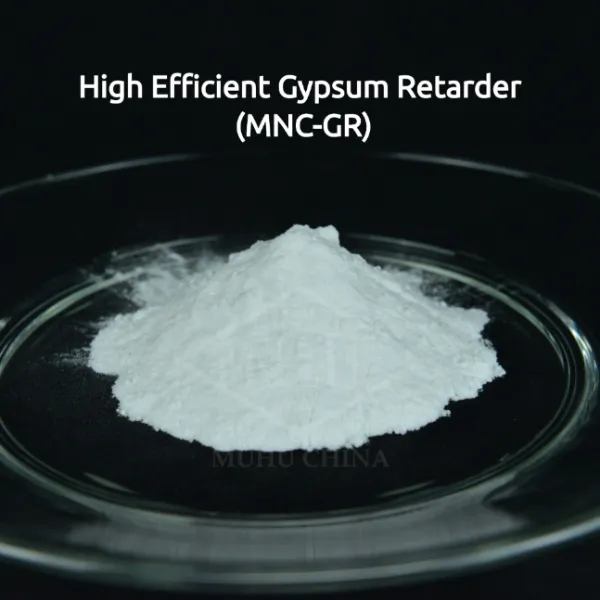Hebei Tangzhi Technology Co., Ltd.

microcrystalline cellulose in pharmaceuticals
Jan . 14, 2025 11:23
Back to list
microcrystalline cellulose in pharmaceuticals
Microcrystalline cellulose (MCC) plays an integral role in the pharmaceutical industry, providing both utility and enhancing the quality and efficacy of drug formulations. As an inert, non-toxic, and physiologically inert substance, MCC has gained popularity for its multifunctional applications in drug manufacturing, particularly as a binder, filler, and disintegrant.
In terms of versatility, MCC’s adaptability with a wide range of APIs and compatibility with other excipients underscores its utility in diverse pharmaceutical formulations. MCC serves as an invaluable component in complex drug delivery systems, including sustained-release formulations where it functions to modulate the release profile of drugs. This compatibility extends to the creation of multi-layer tablets and encapsulated forms, providing manufacturers with the flexibility to enhance drug performance creatively. The sustainability of MCC also calls attention. Derived from renewable sources like wood pulp, its production aligns with growing industry emphasis on environmentally friendly and sustainable practices. This aspect not only contributes to reducing ecological footprints but also aligns with the ethical expectations of consumers increasingly drawn to environmentally conscious products. Despite its many advantages, it is essential for pharmaceutical companies to rigorously evaluate the grade and source of MCC used in formulations, assuring compliance with industry standards and regulatory requirements. Collaborating with reputable suppliers who provide detailed documentation and verification of MCC’s quality is critical to maintaining product safety and efficacy. In essence, microcrystalline cellulose embodies the balance between functionality and sustainability in pharmaceuticals. Its ability to enhance drug formulation performance while supporting eco-friendly manufacturing practices positions MCC as a staple excipient in modern pharmacology. Such a compound bolsters the reliability of oral drug delivery systems, reinforcing the pharmacy industry’s commitment to excellence, safety, and innovation.


In terms of versatility, MCC’s adaptability with a wide range of APIs and compatibility with other excipients underscores its utility in diverse pharmaceutical formulations. MCC serves as an invaluable component in complex drug delivery systems, including sustained-release formulations where it functions to modulate the release profile of drugs. This compatibility extends to the creation of multi-layer tablets and encapsulated forms, providing manufacturers with the flexibility to enhance drug performance creatively. The sustainability of MCC also calls attention. Derived from renewable sources like wood pulp, its production aligns with growing industry emphasis on environmentally friendly and sustainable practices. This aspect not only contributes to reducing ecological footprints but also aligns with the ethical expectations of consumers increasingly drawn to environmentally conscious products. Despite its many advantages, it is essential for pharmaceutical companies to rigorously evaluate the grade and source of MCC used in formulations, assuring compliance with industry standards and regulatory requirements. Collaborating with reputable suppliers who provide detailed documentation and verification of MCC’s quality is critical to maintaining product safety and efficacy. In essence, microcrystalline cellulose embodies the balance between functionality and sustainability in pharmaceuticals. Its ability to enhance drug formulation performance while supporting eco-friendly manufacturing practices positions MCC as a staple excipient in modern pharmacology. Such a compound bolsters the reliability of oral drug delivery systems, reinforcing the pharmacy industry’s commitment to excellence, safety, and innovation.
Latest news
-
PVA Film Manufacturing Process - Advanced Polyvinyl Acetate & HPMC Production SolutionsNewsJul.08,2025
-
High-Purity Monocrystalline Cellulose Supplier Cellulose to Cellulose Acetate & E463 Hydroxypropyl Cellulose SolutionsNewsJul.08,2025
-
Different Grades of HPMC Choose the Right Cellulose for Your ApplicationNewsJul.07,2025
-
High-Performance Polycarboxylate Concrete Admixture Superior Superplasticizer Powder SolutionsNewsJul.07,2025
-
High Quality PVA Product Solutions PVA 088 20 & PVA 1 for Versatile ApplicationsNewsJul.07,2025
-
What is HPMC Used For? Applications & Benefits of HPMC in Tablet Coating and TabletsNewsJul.06,2025





















